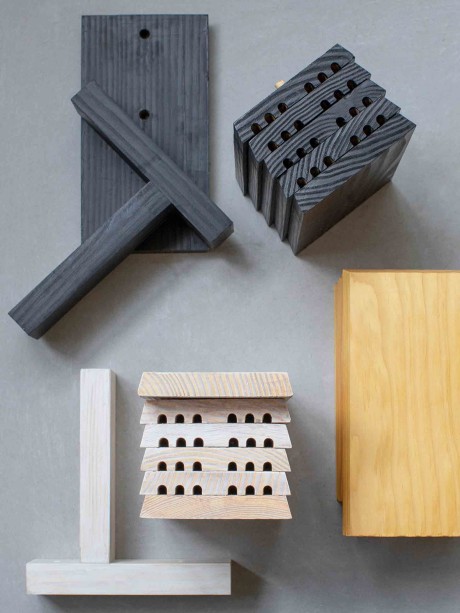
Copyrights Rigetta Klint
Habeetats x Dinesen is a buzzing initiative with a big impact. Our shared passion for nature and our world has culminated in the world’s tiniest design shelter for solitary bees made from leftover Dinesen Douglas wood.
The name Habeetats, which is a play on the words “habitat” and “bee”, captures the multi-purpose function of this nesting shelter for solitary bees.
In a collaboration between Habeetats, a biologist and the Danish architect Jeppe Utzon, off cuts of wood from Dinesen’s production are transformed into shelters dedicated to solitary bees.

Copyrights Habeetats
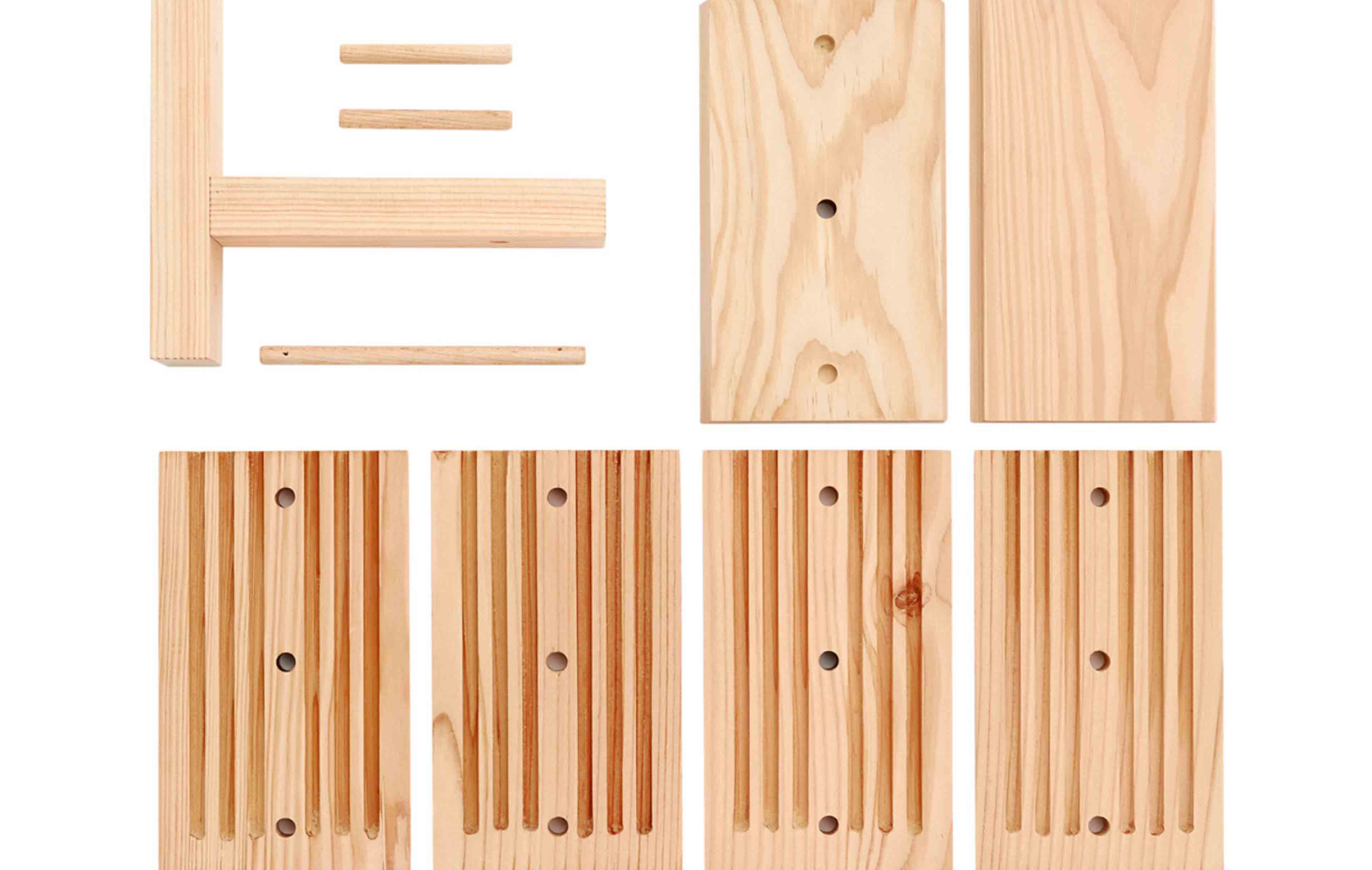
Copyrights Habeetats
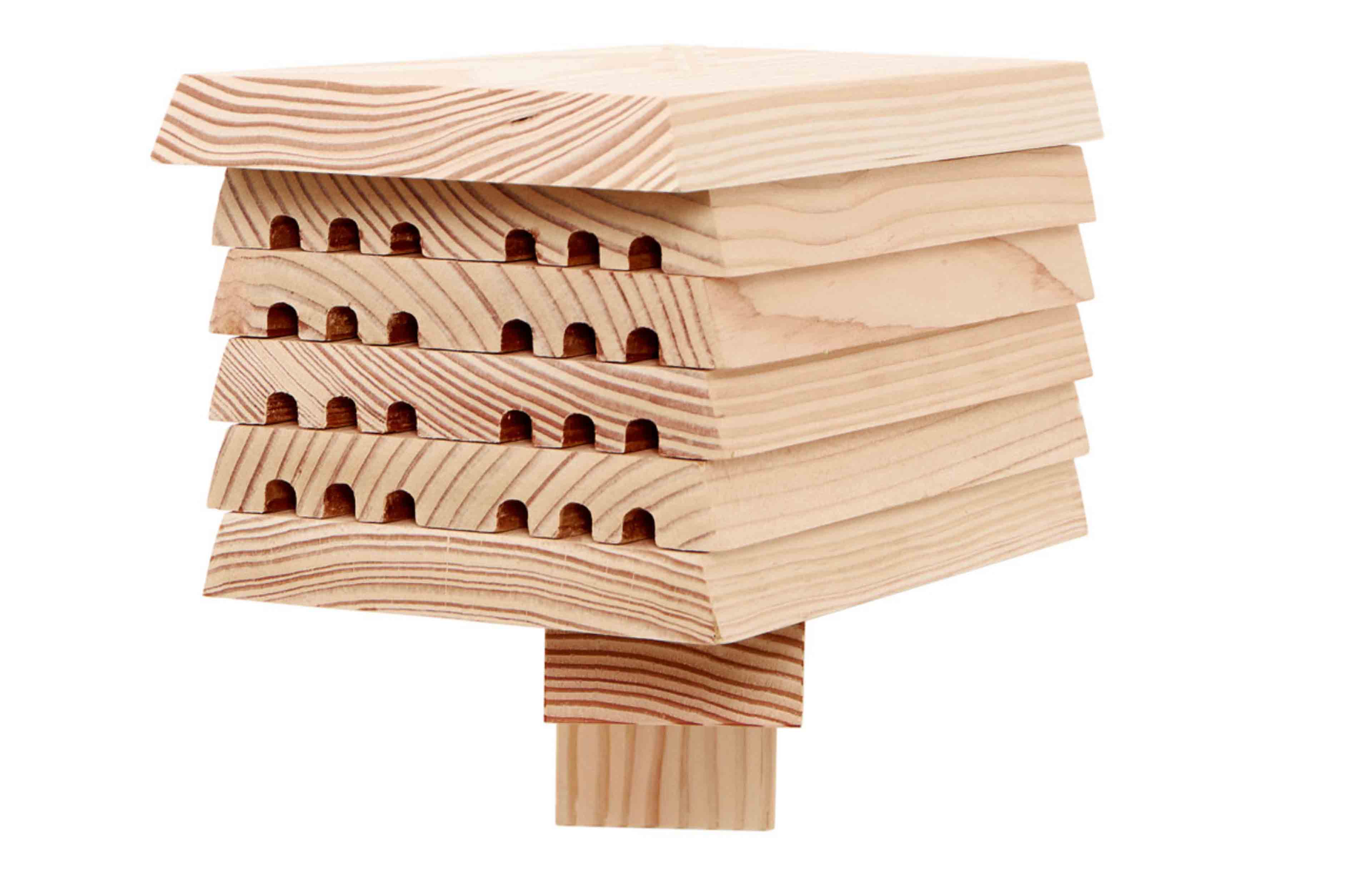
Copyrights Habeetats
Habeetats is a tangible example of the value of creative, inspiring partnerships based on wood. The projects range from large- to tiny-scale, where any extra wood is put to meaningful use in designs that reflect the bond between humanity and nature.
Solitary bees make the world go round
Solitary bees are quite different from the honeybees we know so well. They have no queen and no workers. They are peaceful bees that live alone and spend their days pollinating flowers, herbs and crops. In fact, more than 90% of the bee species we are familiar with are solitary. But their habitats and floral resources are threatened. Habeetats solves these challenges while simultaneously creating a positive effect on our agricultural systems, ensuring pollination and long-lasting crops – for the benefit of us and the bees.
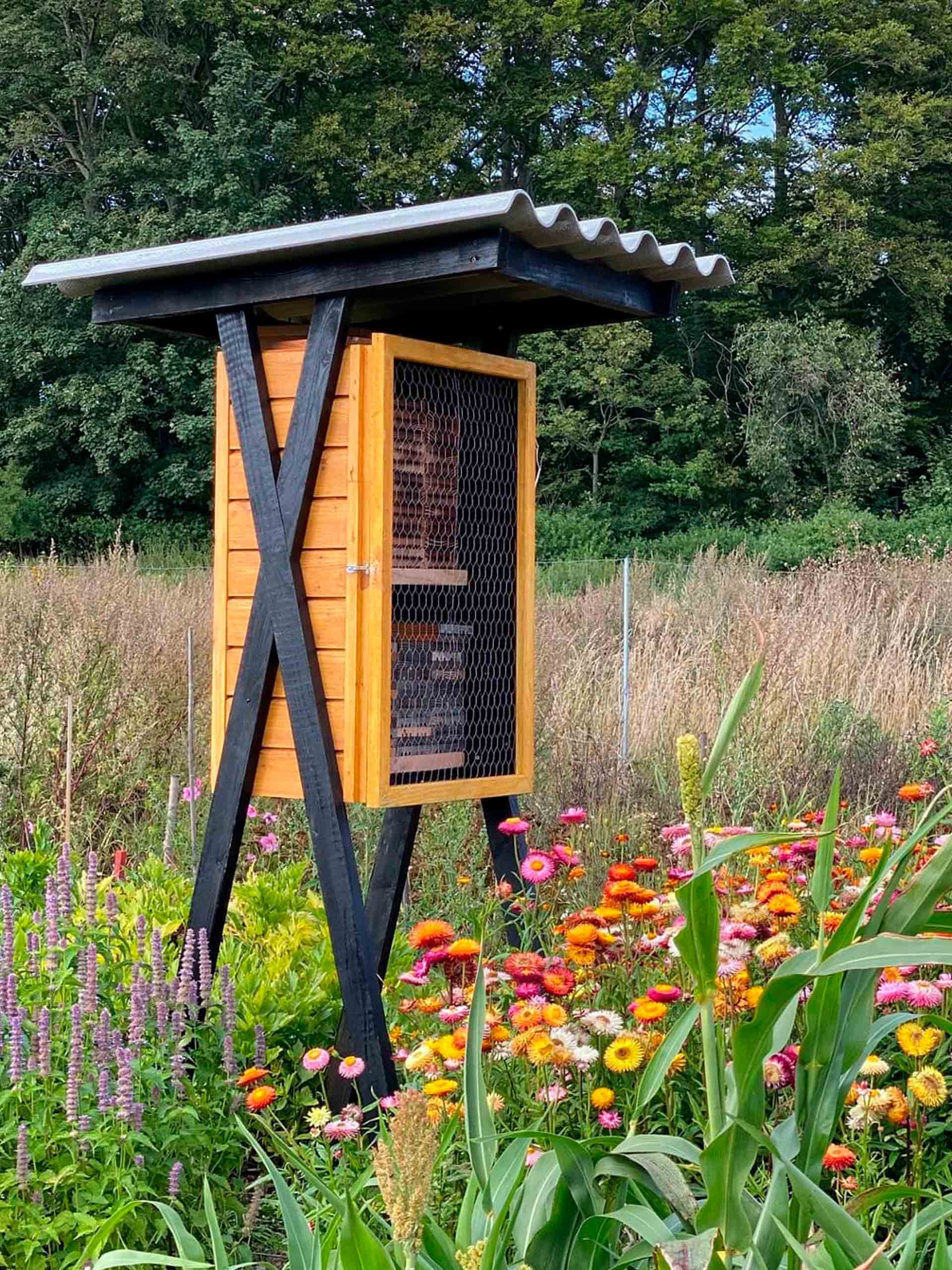
Copyrights Habeetats
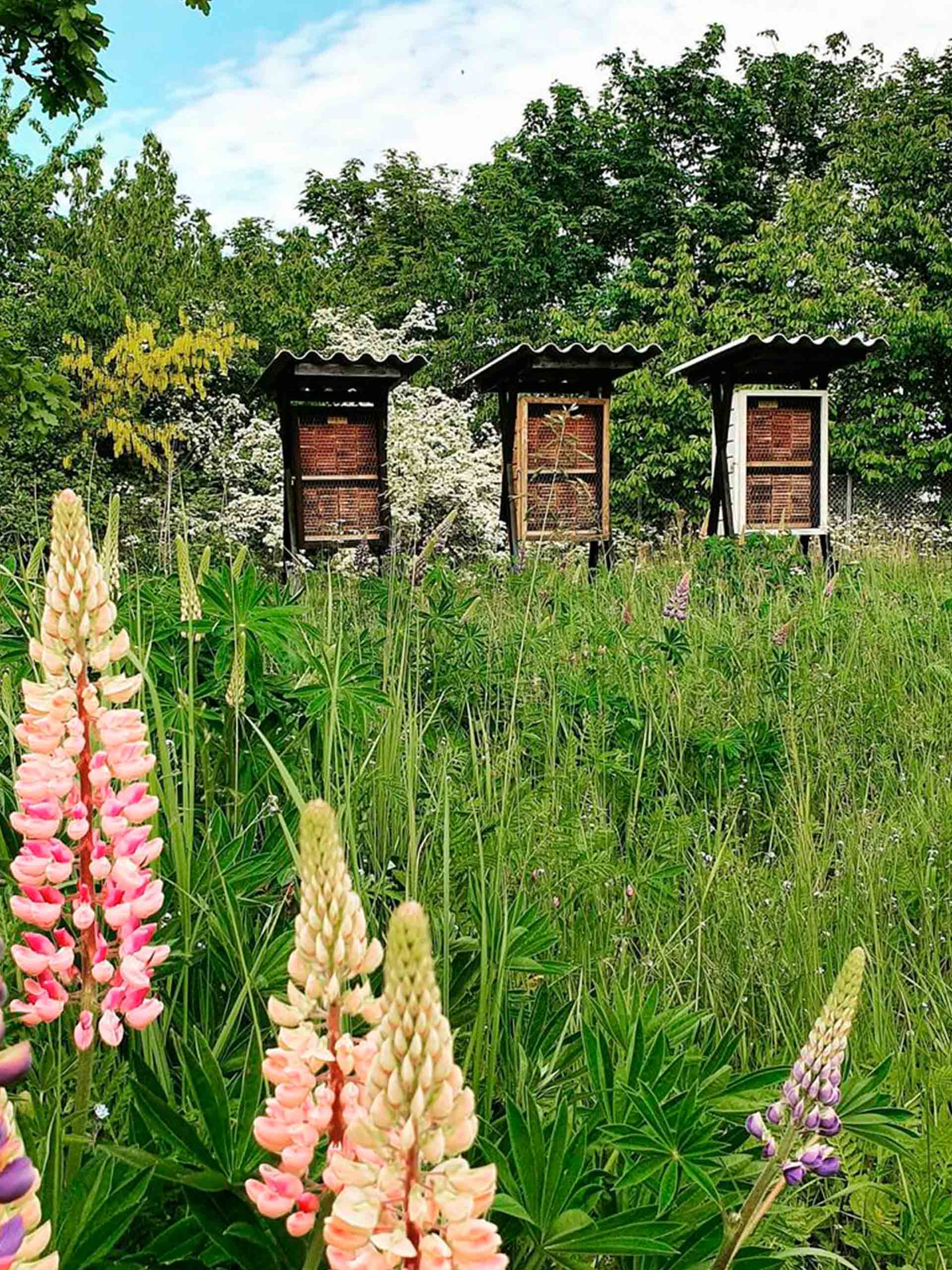
Copyrights Habeetats
Habeetats adorn noma’s garden
Outside restaurant noma in Copenhagen, solitary bees can check into one of three black shelters in the middle of the romantic garden designed by Dutch landscape architect Piet Oudolf. Meanwhile restaurant guests enjoy the buzzing bees and nature’s comforting ingredients that help fashion the meal on their plates – a holistic circle of life to be experienced up close.

Copyrights Habeetats
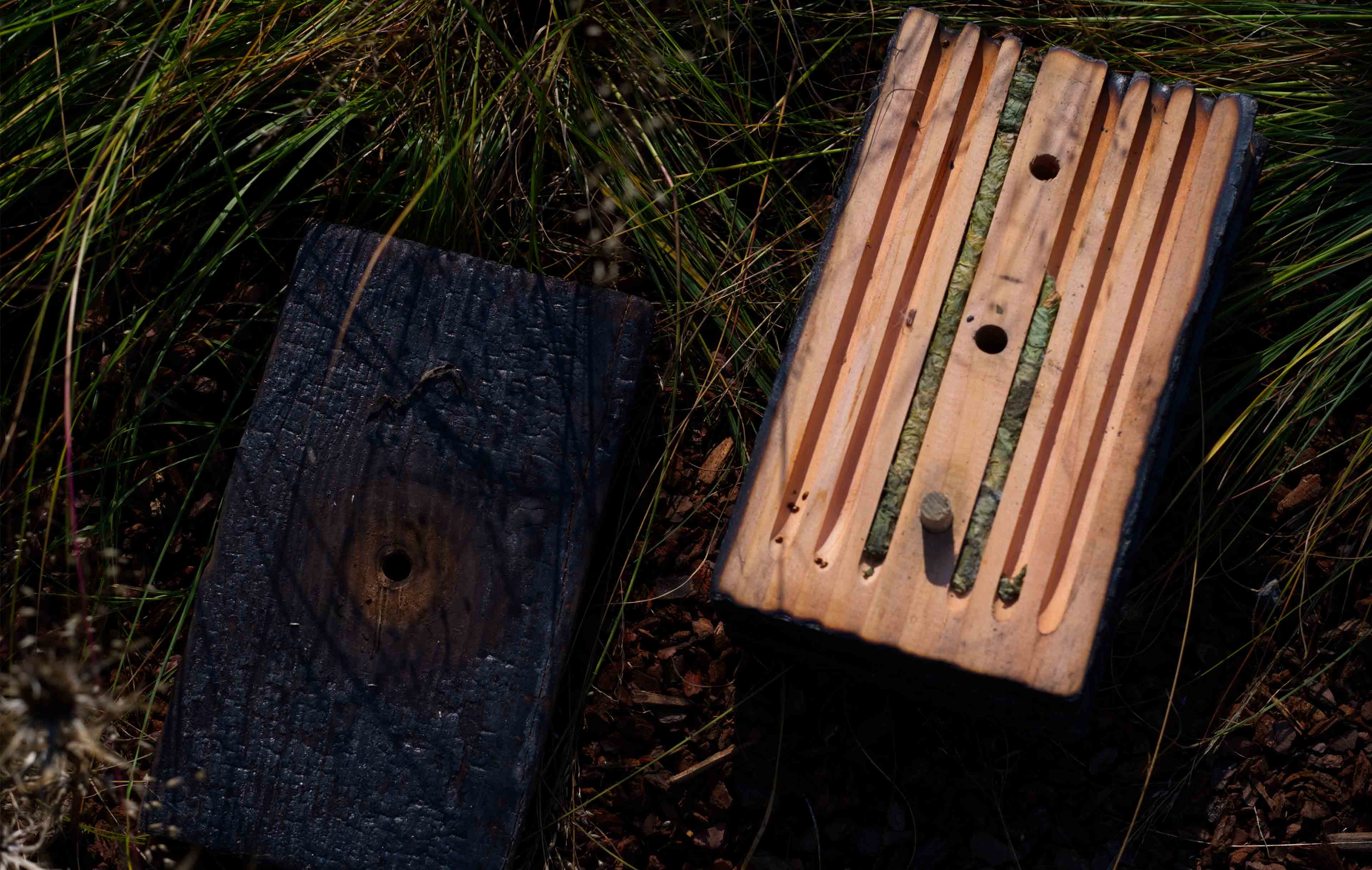
Copyrights Habeetats
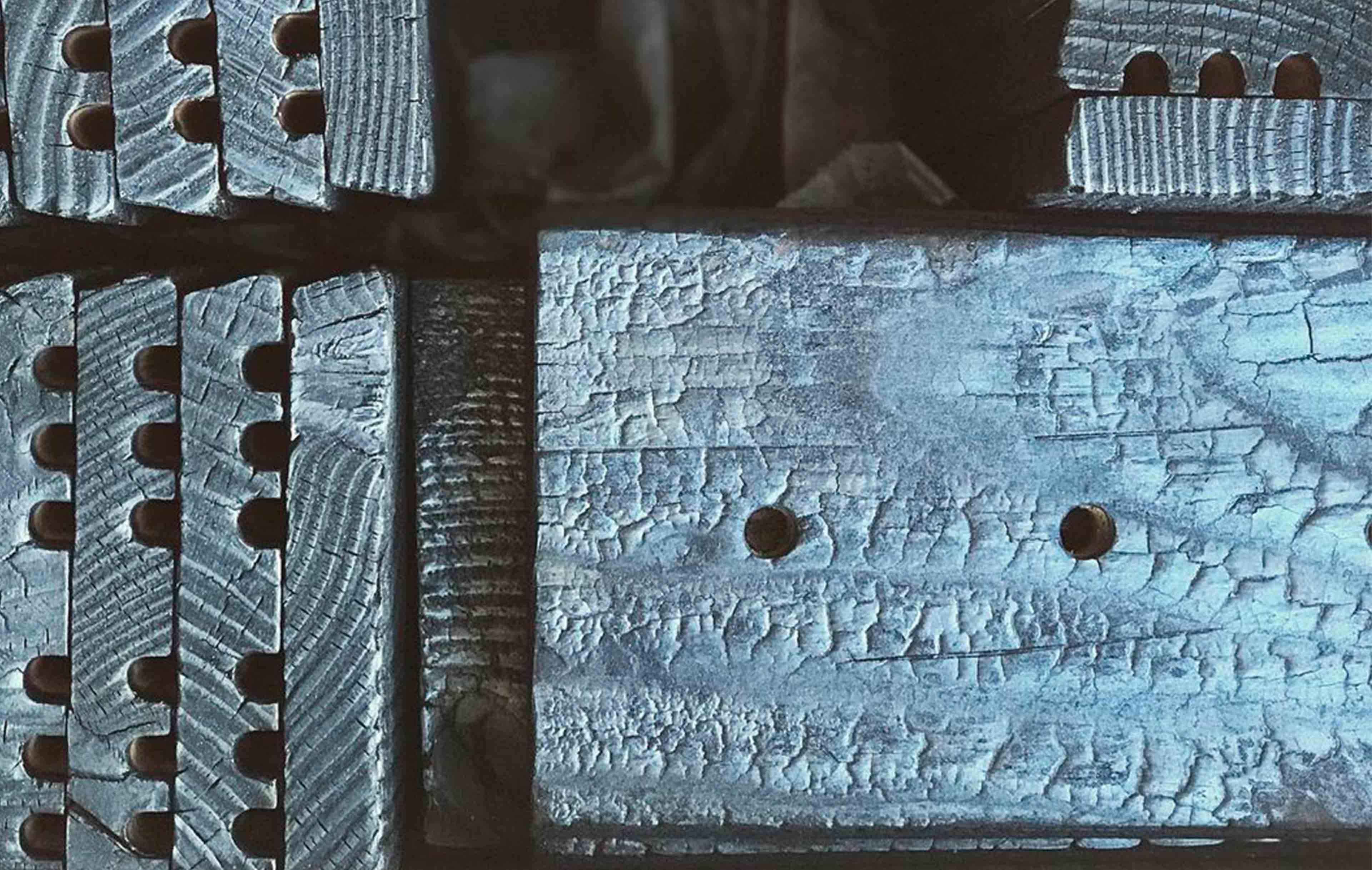
Copyrights Habeetats
A landscaped garden and a world-renowned restaurant, however, are not necessary to make a difference. A suburban garden or a small urban patch of green will do. The bees are happy anywhere, as long as their Habeetats offer a place in the sun and nearby flowering plants abundant with pollen and nectar.
Learn more about Habeetats and solitary bees.